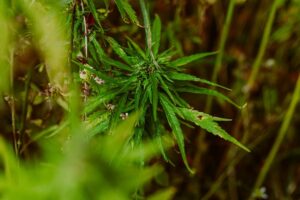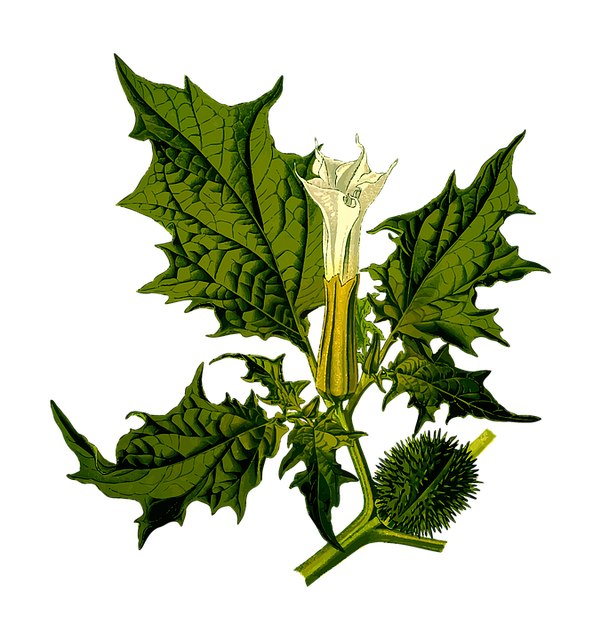
The market for THCA-rich cannabis seeds is expanding due to their high content of tetrahydrocannabinolic acid (THCA), a precursor to THC that offers therapeutic benefits without immediate intoxication. These specialized seeds are gaining popularity among those interested in thca rich cannabis seeds sale for their potential health advantages, and cultivating them requires precise conditions including soil quality, lighting, and temperature to maximize THCA levels. Trustworthy breeders with expertise in THCA-rich cultivars should be sourced for these seeds, which also boast unique terpene profiles contributing to their distinct flavors and aromas. As the demand grows, a variety of strains with different characteristics are becoming available for both enthusiasts and professional growers looking to produce high-quality plants for personal use or further processing. THCA, found in its non-psychoactive form in raw cannabis, has garnered attention for its potential health benefits, including anti-inflammatory and neuroprotective effects, making thca rich cannabis seeds a sought-after option in the cannabis industry. Advanced cultivation techniques and careful post-harvest handling are crucial to preserve the THCA content and ensure the production of high-quality flowers for those interested in the therapeutic properties of this cannabinoid without psychoactive effects.
Discover the transformative properties and cultivation secrets of THCA-rich cannabis through our comprehensive guide. Unveiling the potential of these potent seeds is a journey into the scientific intricacies of tetrahydrocannabinolic acid (THCA), a non-psychoactive precursor to the well-known THC. As enthusiasts and growers seek out thca rich cannabis seeds sale, understanding the science behind THCA is crucial for unlocking its therapeutic promises and enhancing the cultivation process. We delve into the role of THCA in promoting wellness and provide expert advice on growing a high-THCA flower that rivals the vibrancy of its psychoactive counterpart. Join us as we explore this emerging realm of raw cannabinoids and their implications for health and well-being.
- Unveiling the Potential of THCA-Rich Cannabis Seeds: A Guide for Enthusiasts and Growers
- The Science Behind THCA: Understanding the Phenolic Precursor to THC
- Cultivating Excellence: Tips and Techniques for Growing High-THCA Flower
- Exploring the Therapeutic Promises of Raw Cannabinoids: The Role of THCA in Wellness
Unveiling the Potential of THCA-Rich Cannabis Seeds: A Guide for Enthusiasts and Growers
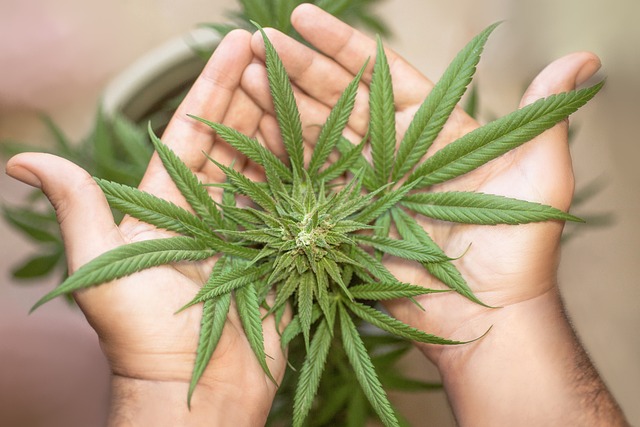
Exploring the potential of THCA-rich cannabis seeds has become a burgeoning interest among enthusiasts and cultivators alike, driven by the growing recognition of tetrahydrocannabinolic acid (THCA) as the precursor to the well-known psychoactive compound THC. These seeds, which contain a high concentration of THCA, are prized for their therapeutic and recreational benefits. The appeal lies in the fact that THCA is non-psychoactive, offering a range of medical applications without the immediate intoxicating effects associated with its decarboxylated form, THC. As such, growers interested in thca rich cannabis seeds sale are often those seeking to harness the full spectrum of cannabinoids for their intended purposes.
Cultivation of THCA-rich strains requires careful attention to detail, including optimal growing conditions such as soil quality, lighting, and temperature. These factors play a pivotal role in nurturing plants that can produce the desired THCA levels. For those looking to purchase THCA-rich cannabis seeds, it is essential to source from reputable breeders who specialize in these types of strains. Such seeds are not only sought after for their potential therapeutic effects but also for their diverse terpene profiles, which contribute to the distinct flavors and aromas that are unique to each strain. With a thca rich cannabis seeds sale market expanding, enthusiasts and growers have access to an array of strains, each with its own set of characteristics and benefits. Understanding the nuances of growing these plants is key to successfully cultivating high-quality THCA-rich cannabis, which can then be processed or consumed as desired.
The Science Behind THCA: Understanding the Phenolic Precursor to THC
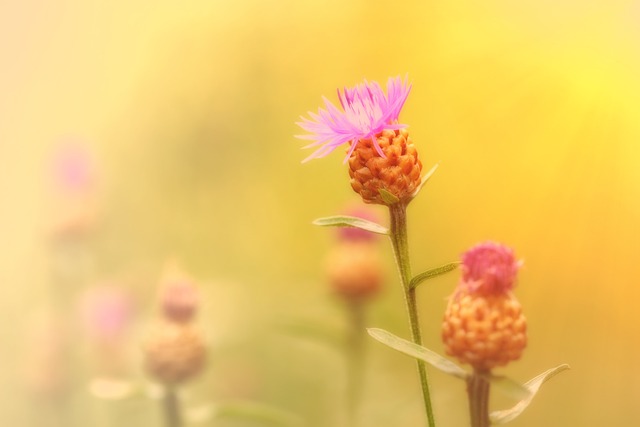
Delta-9-tetrahydrocannabinolic acid (THCA) is the non-psychoactive precursor to the well-known psychoactive cannabinoid delta-9-tetrahydrocannabinol (THC). This foundational compound, present in raw or uncured cannabis flowers, possesses a distinct set of potential therapeutic properties that are being explored for their medical benefits. THCA is the acid form of THC and is produced by the cannabis plant through a biosynthetic process. It’s not until cannabis is exposed to heat (a process known as decarboxylation) that THCA converts into THC, unlocking its psychoactive effects.
The science behind THCA is intricate and fascinating. THCA interacts with the body’s endocannabinoid system through two primary cannabinoid receptors: CB1 and CB2. Unlike THC, THCA does not directly activate these receptors but may inhibit anandamide, a naturally occurring endocannabinoid that binds to both receptors. This inhibitory effect could influence a variety of physiological processes, including pain sensation, mood regulation, and inflammation response. Research suggests that THCA may offer potential benefits for various conditions, such as neuropathic pain, without the psychoactive side effects associated with its degraded form, THC. As interest in alternative wellness solutions grows, thca-rich cannabis seeds are becoming increasingly popular among cultivators and consumers looking to harness the potential of this promising compound. The cultivation and selection of these specific seeds enable individuals to access raw cannabinoids directly from the plant, offering a broad spectrum of cannabinoids that could contribute to a synergistic entourage effect. This has sparked a burgeoning market for thca-rich cannabis products, as users seek out natural, non-psychoactive remedies for various ailments.
Cultivating Excellence: Tips and Techniques for Growing High-THCA Flower
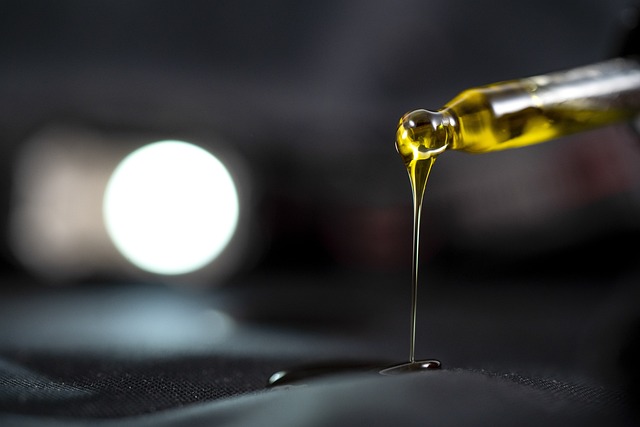
When cultivating THCA-rich cannabis flowers, the quest for excellence begins with selecting the right seeds. Opting for high-THCA cannabis seeds sale that are bred for their potency and richness in THCA is a pivotal first step. These seeds serve as the foundation for flowers that will ultimately provide therapeutic or recreational benefits. Once you have your seeds, the next critical phase is creating an environment conducive to their growth. This entails meticulously managing factors such as light, temperature, humidity, and nutrients. Ensuring a consistent and optimal grow room climate is essential for the development of THCA-rich buds. For instance, strains rich in THCA often thrive under specific lighting conditions, particularly during the vegetative and flowering stages. Adequate air circulation and sanitation practices are also vital to prevent mold and pests that could compromise the quality of your harvest.
Advanced cultivators may consider employing techniques like high-intensity discharge (HID) lighting for greater efficiency or utilizing organic nutrient solutions to enhance the natural development of the plant’s THCA content. Additionally, mastering the art of pruning and training can maximize light exposure and airflow to each bud site, leading to denser and more potent flowers. Throughout the flowering stage, it’s crucial to monitor trichome development under a microscope; this will indicate the optimal time for harvest to ensure the highest THCA concentrations. Harvesting at peak maturity is the culmination of precise cultivation techniques that result in a high-THCA yield. Post-harvest handling, including proper drying and curing, also plays a significant role in preserving the THCA content and overall potency of your flowers. With careful attention to each detail from seed selection to final product preparation, growing high-THCA flower can be an achievable endeavor for both hobbyists and professional cultivators.
Exploring the Therapeutic Promises of Raw Cannabinoids: The Role of THCA in Wellness
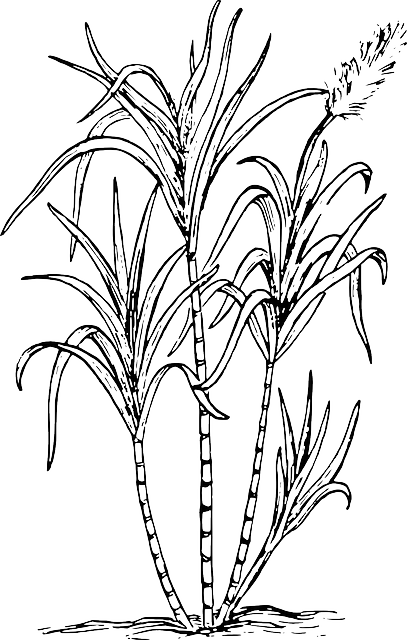
Discovering the potential health benefits of THCA, or tetrahydrocannabinolic acid, the raw and natural form of THC found in cannabis, is a burgeoning field within the wellness industry. Unlike its psychoactive counterpart, THC, THCA is non-psychoactive, making it an attractive option for those seeking therapeutic properties without the “high” associated with cannabis consumption. Preliminary research suggests that THCA may have anti-inflammatory and neuroprotective effects, which could be beneficial in managing pain, inflammation, and certain neurological conditions.
The exploration of THCA’s therapeutic promises has led to an increased interest in thca rich cannabis seeds sale, as cultivators and consumers alike are recognizing the value of this particular cannabinoid. These seeds are carefully bred to yield plants with a high concentration of THCA, allowing users to harness its potential benefits directly from raw plant material or through extraction processes that preserve its natural state. As the scientific community continues to study the effects of THCA, anecdotal reports and early clinical trials indicate its possible role in supporting overall wellness without inducing psychoactive effects, offering a new frontier in cannabinoid therapy.
exploration into THCA-rich cannabis has shed light on the potential benefits and growth practices for enthusiasts and cultivators alike. From the scientific intricacies of THCA’s formation to the promising therapeutic applications of this non-psychoactive cannabinoid, understanding its role in wellness is pivotal. For those interested in partaking in the benefits of raw cannabinoids or seeking high-THCA flower strains for sale, the insights provided here serve as a cornerstone for informed decisions in cultivation and consumption. As research continues to unfold, the importance of THCA within the broader cannabis landscape becomes increasingly evident, promising a new frontier in cannabinoid-based therapies and wellness practices.
